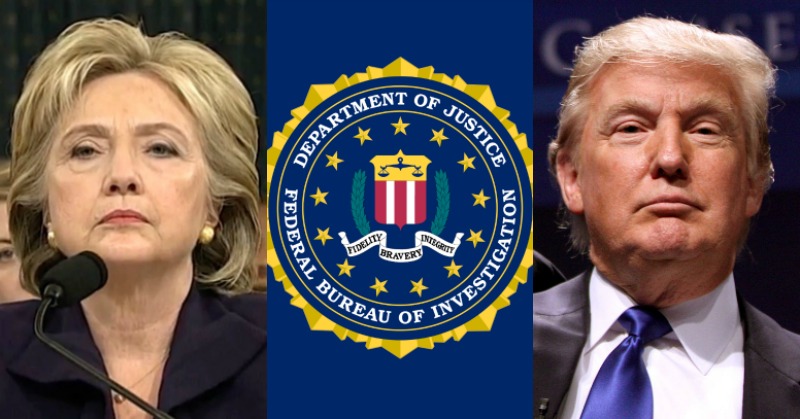
One of the inevitable outcomes of the Russia case will be that the Department of Justice (DOJ) almost certainly will need internal reforms.
The first reform is the most obvious, given the unraveling of the Russia collusion narrative: a new set of rules governing when the FBI can investigate or spy on a First Amendment-protected political campaign during an election.
The FBI never should have been allowed to sustain a counterintelligence investigation into Donald Trump's campaign based on hearsay from Australian diplomat Alexander Downer, who helped to arrange a $25 million Australian government donation to the Clinton Foundation, and on a "minimally" verified dossier written by British spy Christopher Steele, who was working on the Hillary Clinton opposition-research team.
The second reform may be less visible but becomes painfully obvious, thanks to a series of internal DOJ investigative memos released this month that expose glaring issues with the handling, vetting and weighting of "confidential human sources." That's a fancy term for people - sometimes called "snitches" or informants, in street vernacular - who secretly provide evidence to law enforcement.
I am not going to conclude. Just a thought.
I am not going to conclude. Just a thought.
No comments:
Post a Comment